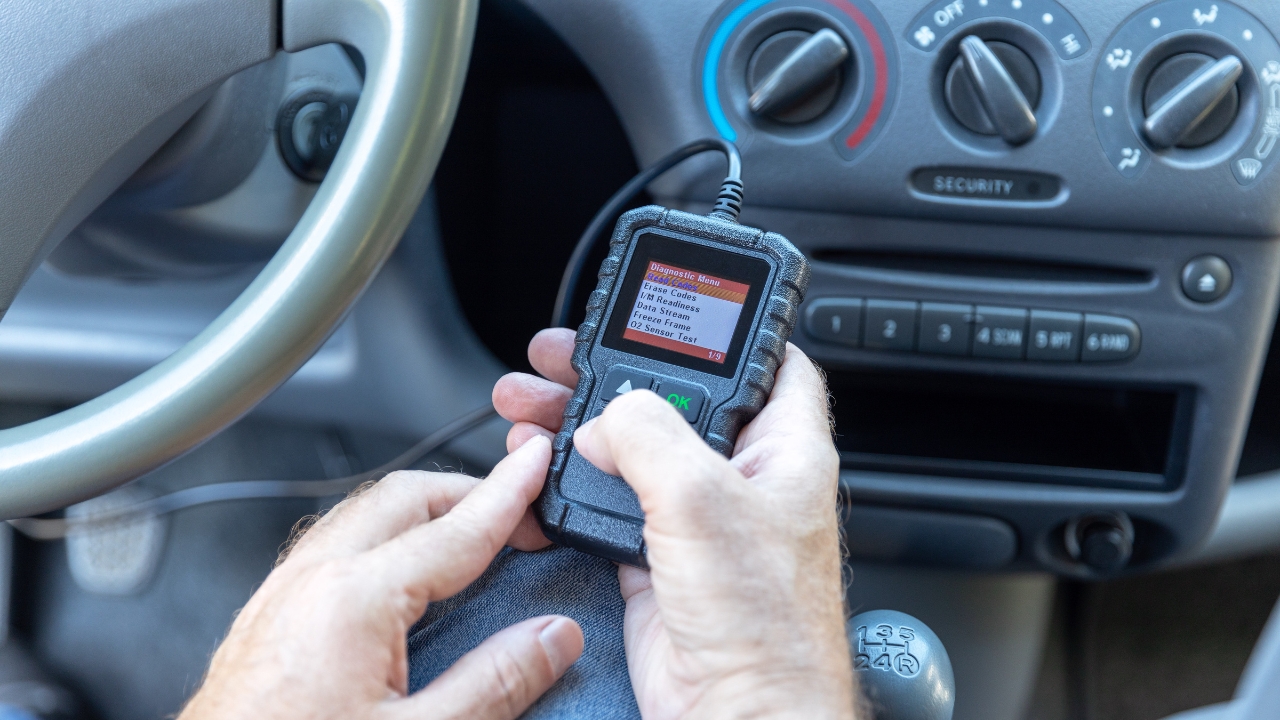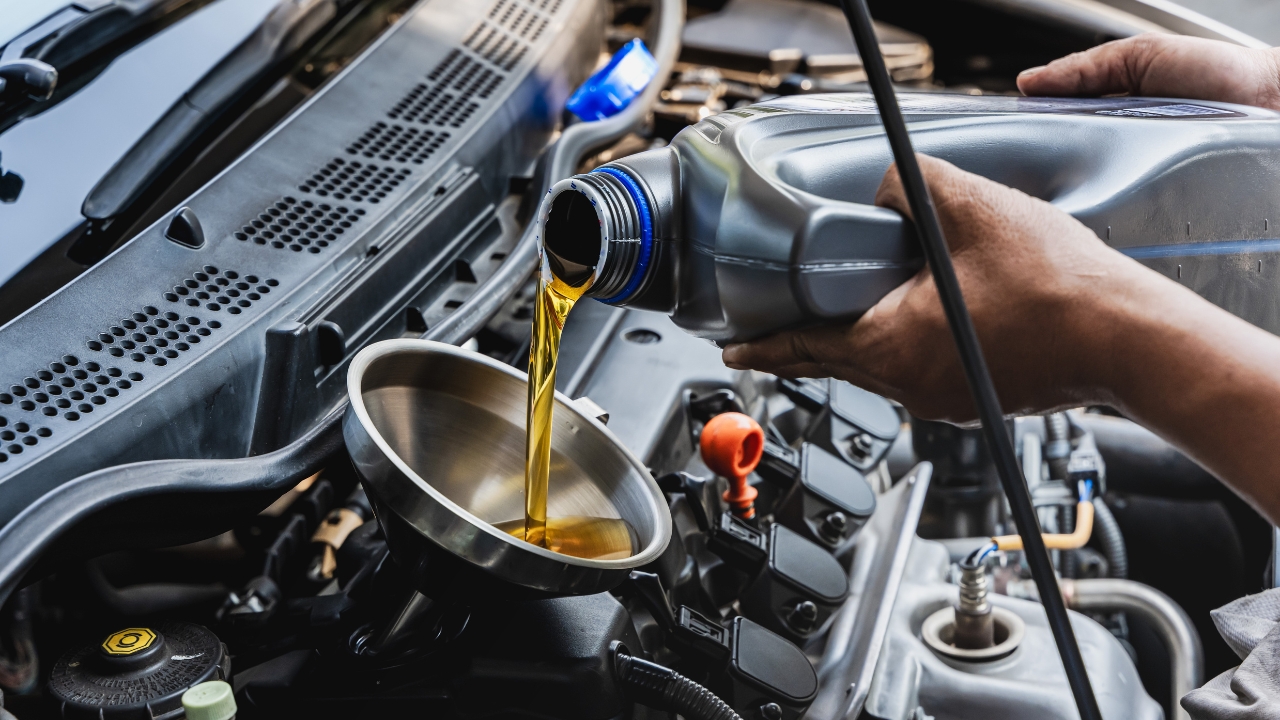Are you a hands-on gearhead? Would you rather work on your own car than pass the task to a professional– for a fee, of course? You’re not alone. In fact, you’re in the majority. A survey cited by Auto Trader found that 72% of drivers prefer to handle maintenance and repairs by themselves, such as oil changes and tire rotations. There are several benefits to this choice, starting with the cost advantage. You save money that would’ve otherwise gone to labor costs, and you also get to fix your car at your own pace and schedule.
To some people, though, the biggest draw is the learning experience. Working on your car yourself makes you more car-smart, and the accompanying sense of accomplishment is often worth it. Plus, you do it yourself, and you get to customize your ride to your heart’s content, whether it’s upgrading parts or adding new features.
Knowing your way around cars often means you don’t have to waste time and resources on a professional, but the big question is, what could go wrong? Unfortunately, a lot. Even minor repairs done wrong can worsen the problem or create new ones. Also, unauthorized repairs can void your warranty. That said, you’re better off entrusting these 10 fixes to professional mechanics with the specialized knowledge, tools, and experience.
Transmission Repairs
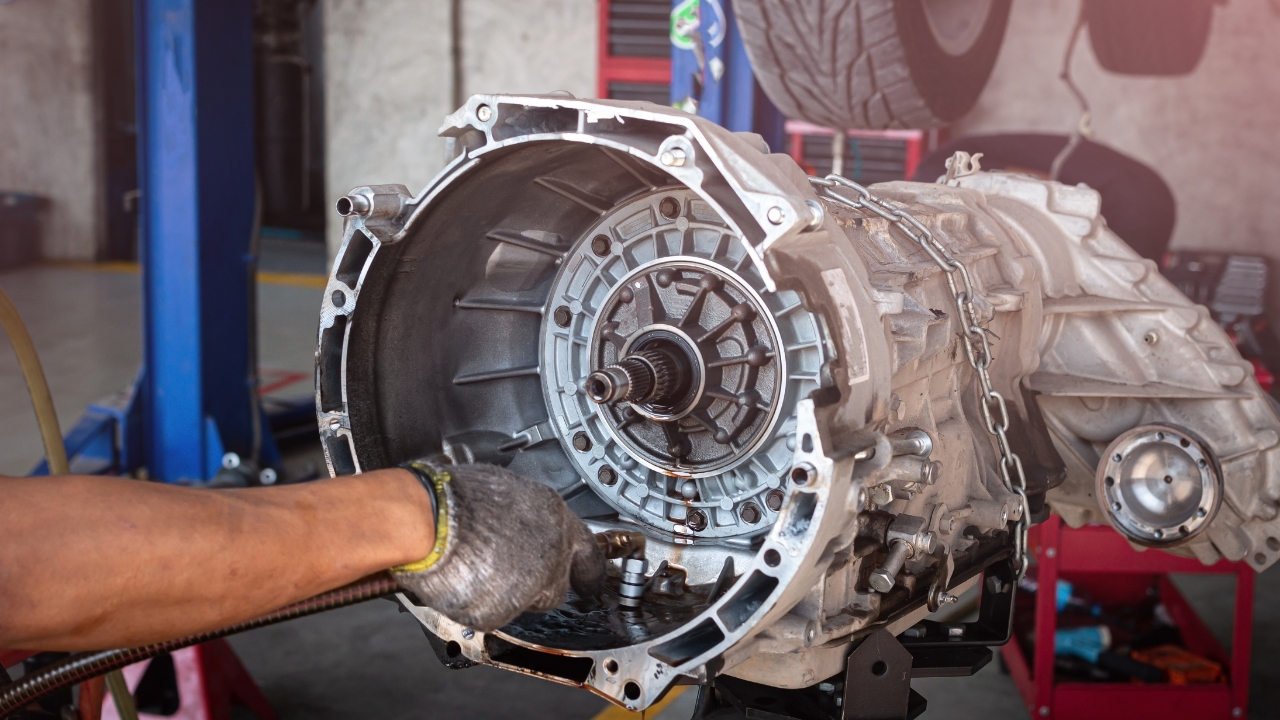
Transmission systems have just too many interconnected components that require specialized tools and expertise to handle. We’re talking hundreds of moving parts, including gears, clutches, valves, and sensors, that need trained eyes and loads of experience to dismantle and reassemble.
Even if you have scanners, torque wrenches, and hydraulic lifts lying around in your garage, a misdiagnosis can easily cause further damage. The highly complex nature of car transmissions often calls for not just one but a team of specialists to do the job properly.
Engine Overhaul or Rebuild
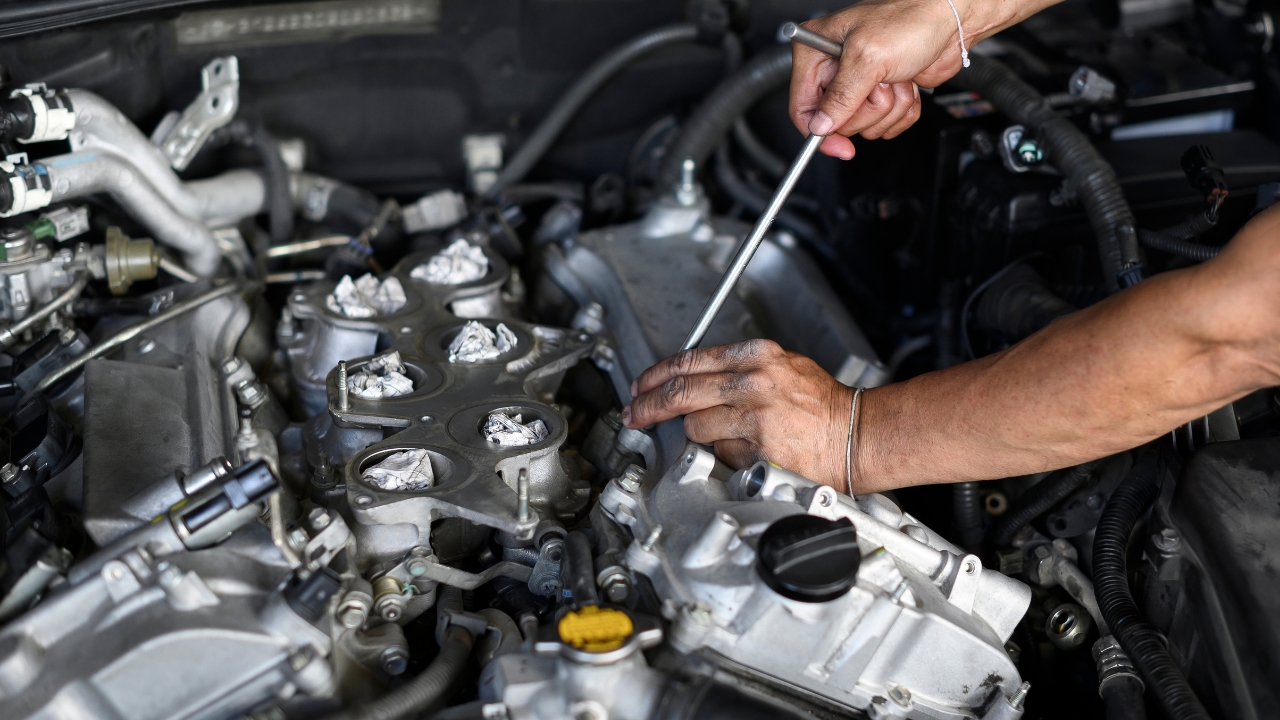
You’re welcome to familiarize yourself as much as possible with the heart of your car – the engine, as long as you are mindful of critical components like the pistons, valves, and crankshaft that require precise handling.
People rebuild or overhaul their engines, which can be partial or comprehensive, to restore their performance and potentially extend their lifespan. To do this, the engine needs to be disassembled, cleaned, inspected, and repaired, a process best left to professionals.
Suspension System Repairs
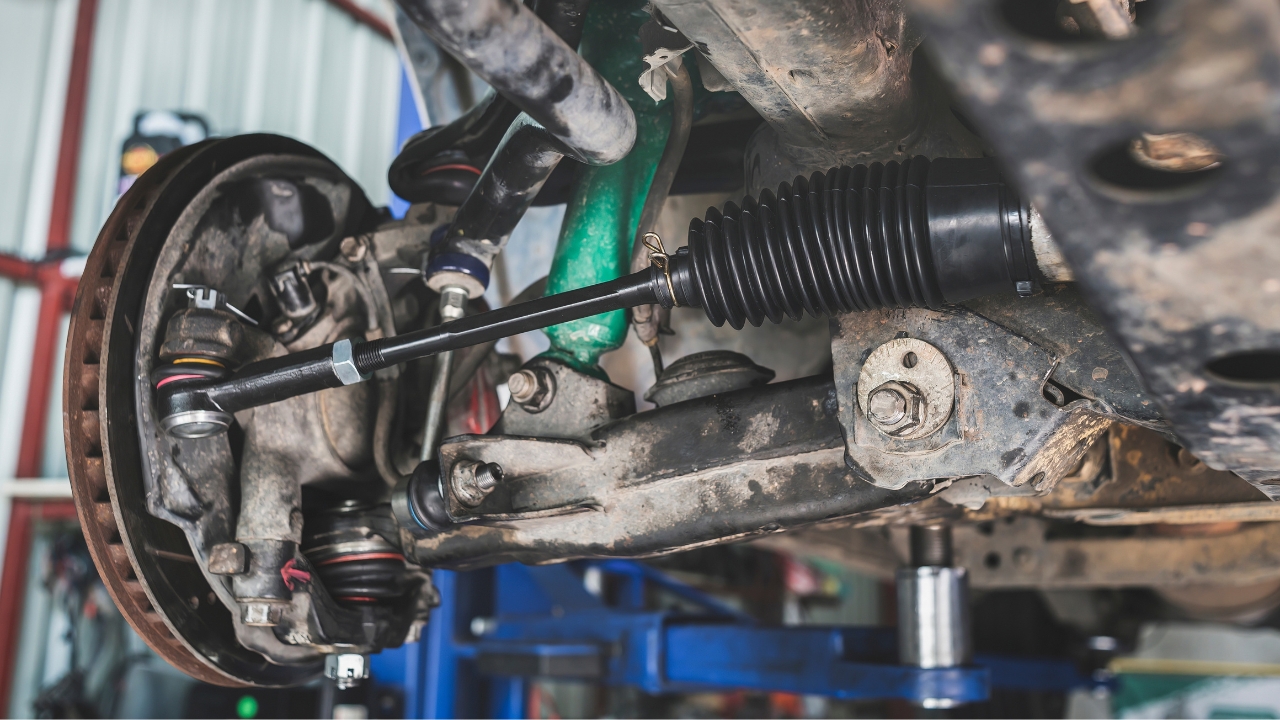
Fixing suspension issues needs to be timely, but considering their critical nature — that is, your comfort and safety at stake — it’s better to wait it out for the professionals. So many things can go wrong if you try to do it yourself without having the requisite tools and experience.
A vehicle’s suspension system comprises many components, such as shocks, struts, control arms, ball joints, sway bars, and bushings, all working together to absorb road impacts and provide stability. A mistake during repairs can, at best, affect ride comfort and handling and, at worst, compromise the vehicle’s safety.
Brake System Failures
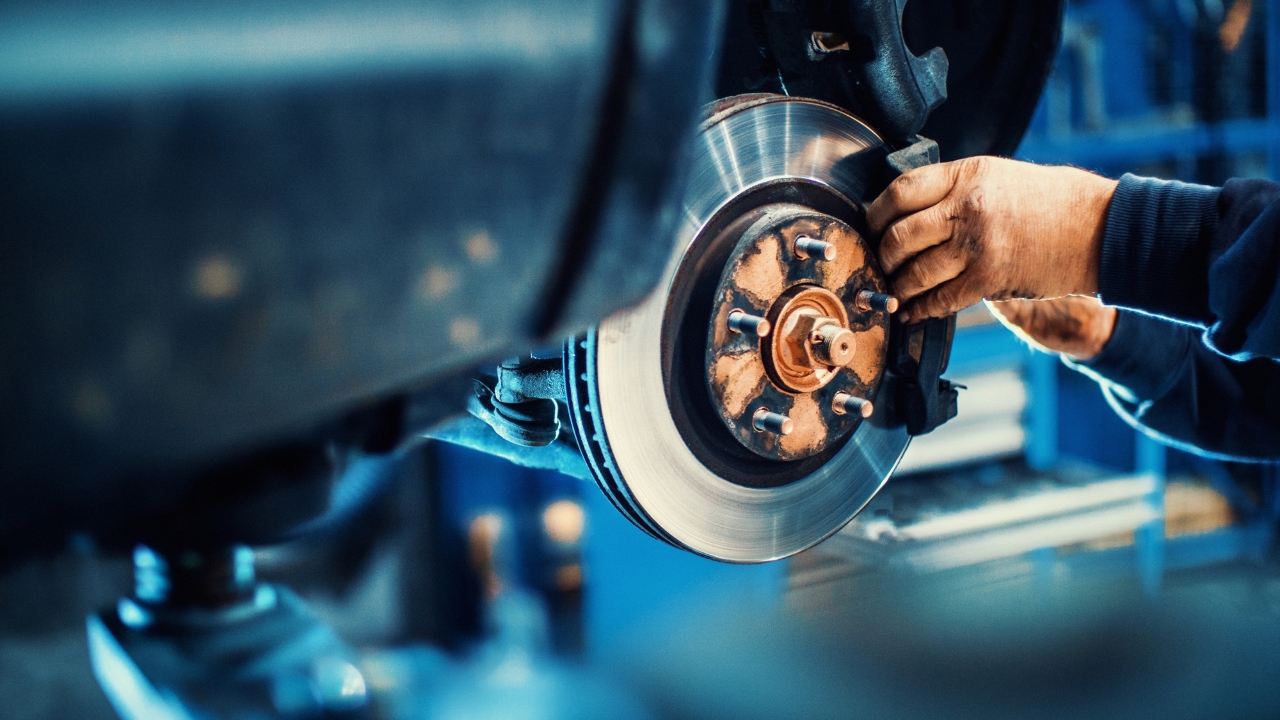
Brake system failure is one of the most critical and dangerous car issues and should never be treated lightly under any circumstance. It directly affects the driver’s ability to stop safely and is, therefore, vital for vehicle safety.
Whatever problem must first be diagnosed correctly, whether mechanical, hydraulic, or electronic malfunctions. Even the most common brake problems like fluid leaks, worn pads/rotors, master cylinder failure, and brake line damage are best left to professionals with the skill and expertise to ensure the system is bled and calibrated right.
Airbag Replacement or Repair
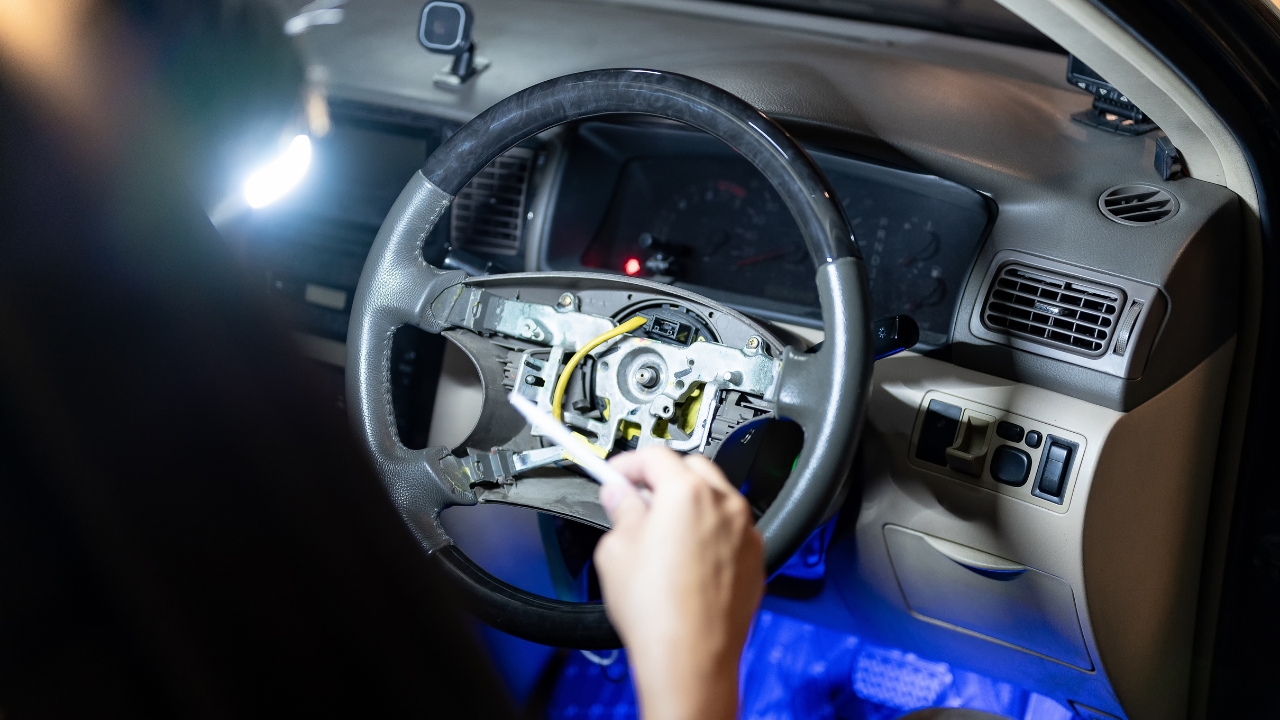
You can’t reuse deployed airbags, perhaps due to an accident, in which case a replacement is necessary to restore full functionality. Automakers often recall millions of cars just to fix airbag-related defects. The main reason it’s best to let licensed technicians handle your airbag issues is that airbag systems are tied to the vehicle’s electronics.
For example, faulty related sensors can trigger the airbag warning light on the dash. It’s better to let trained technicians handle it unless you want to risk your airbags malfunctioning when you need them or deploying when you don’t. At least someone else can take the blame if it does.
Electrical System Faults
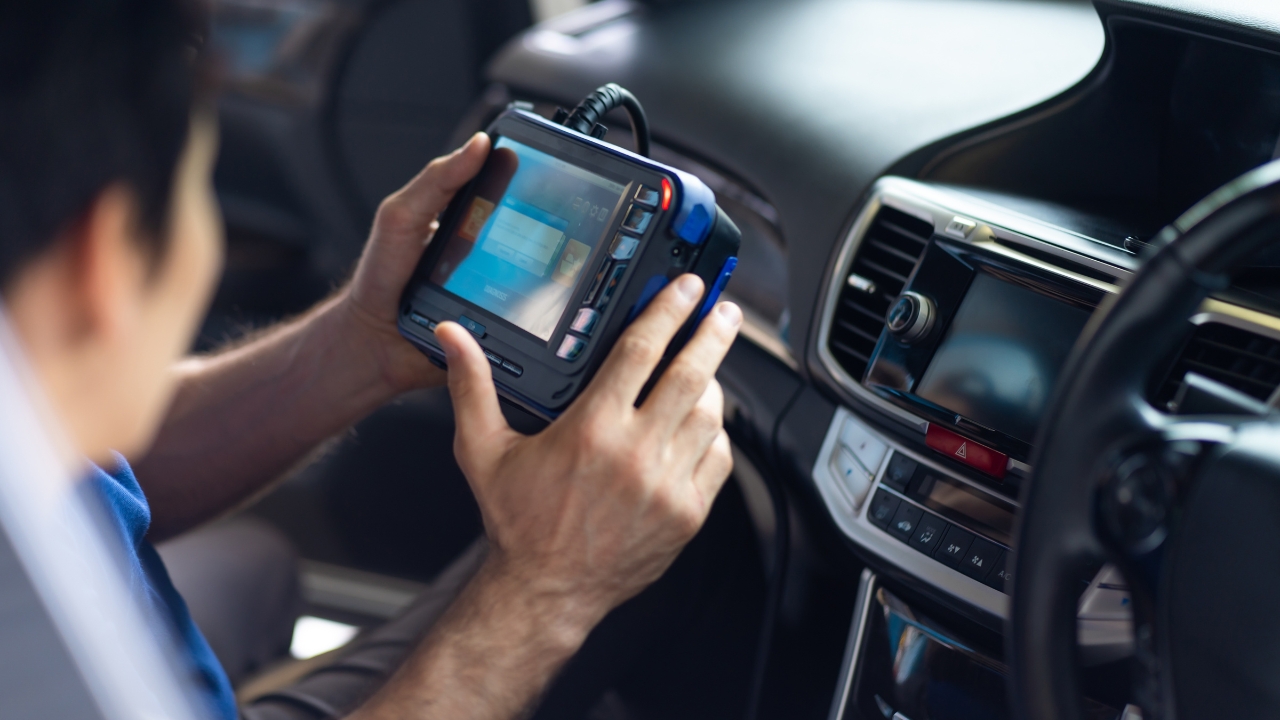
The almighty electrical system is the primary reason even mechanics warn car shoppers away from flooded cars. The upholstery and floor surface is a walk in the park compared to the span of potential damage linked to the electrical system. Floods can ruin the entire system in unpredictable ways that even mechanics and technicians will struggle to whack the mole.
Don’t ever be caught treating electrical system issues as “minor problems,” or you risk making expensive mistakes, even if it’s just a dead or weak battery, a faulty alternator, a blown fuse, wiring issues, or starter motor failure.
This is even more important now that modern cars rely on their electrical systems so heavily that you can’t even start the engine without engaging multiple systems tied to the electrics. DIY fixes can cause shorts or fire hazards.
Fuel System Issues
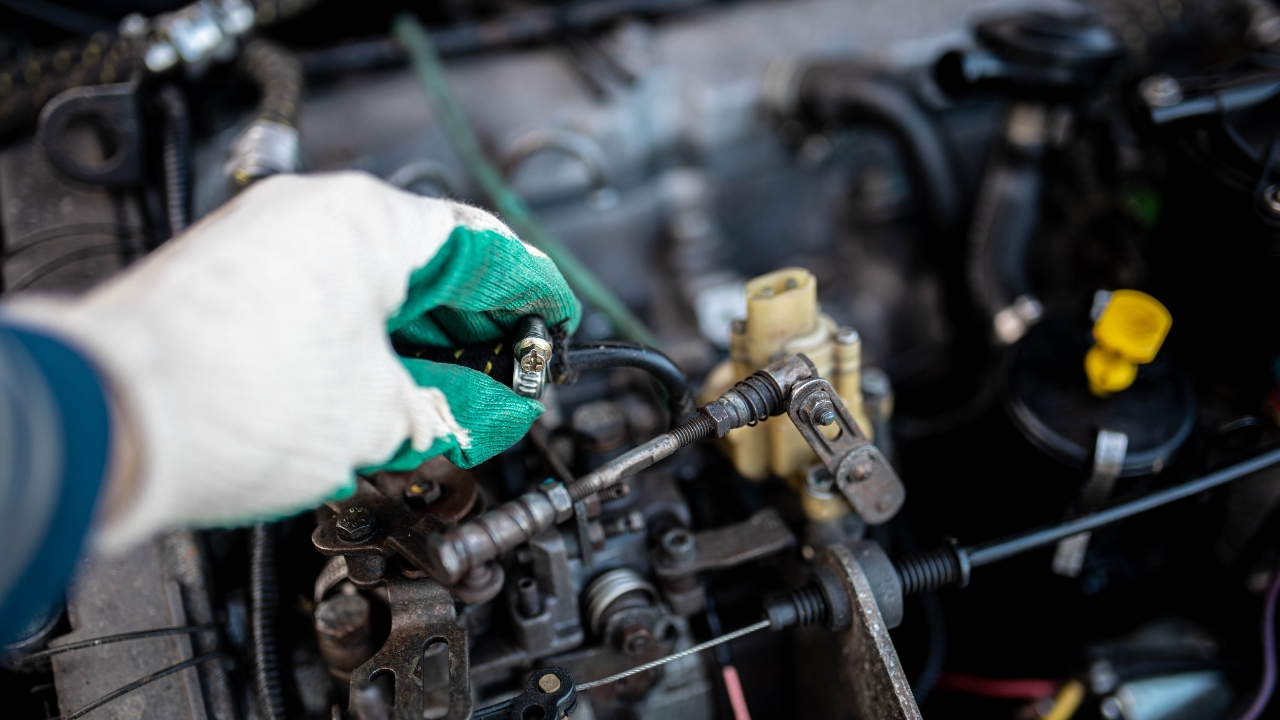
A vehicle’s fuel system is far more complex than most people realize, whether electronic fuel injection (EFI), direct fuel injection, or high-pressure fuel pumps. They are controlled by sensors and an ECU (Engine Control Unit) needing diagnostic tools to accurately detect issues.
We wouldn’t stop you from DIYing minor tasks like fuel filter replacements, but you should definitely involve a specialist for problems like fuel pump failure, injector malfunction, or leaks in the fuel line.
Let the professionals handle it unless you are trained and have the equipment to interpret fuel system codes and data to pinpoint a clogged fuel injector, faulty fuel pump, or malfunctioning fuel pressure regulator.
Timing Belt or Chain Replacement
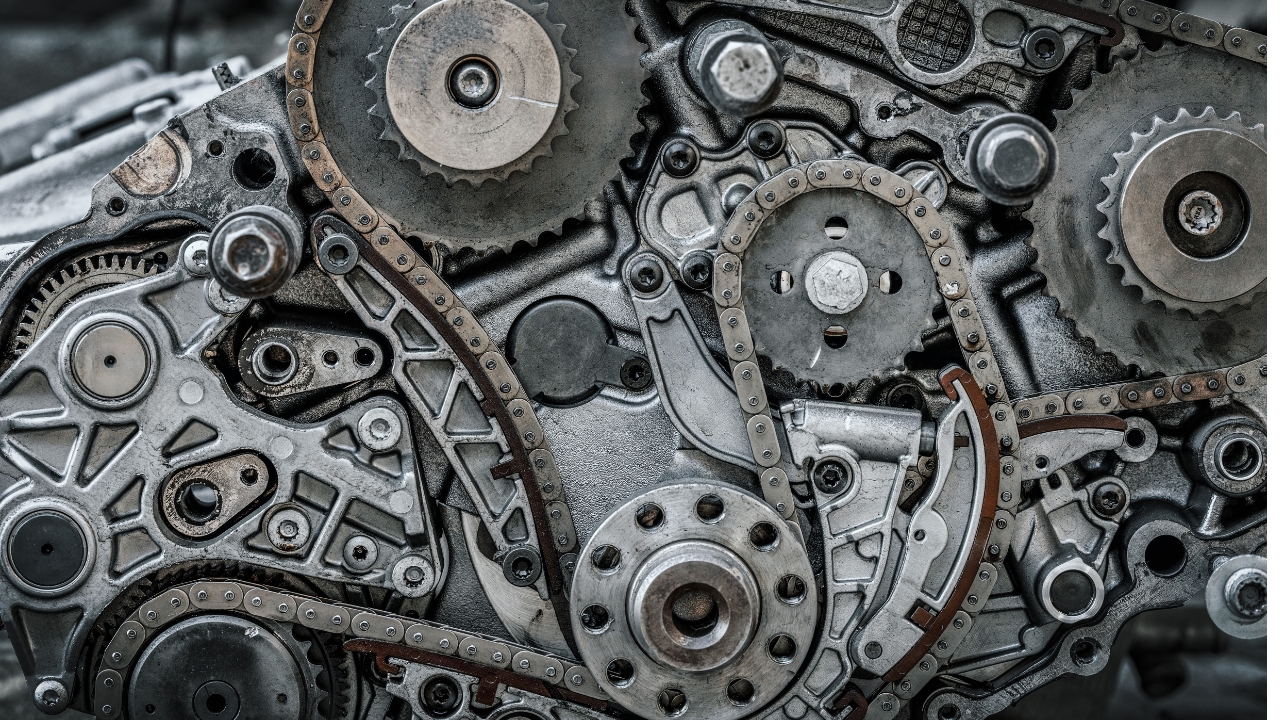
You may be good with your hands, but the complexity and precision required to replace timing belts call for the services of a professional mechanic. Never risk mistiming your engine. The belt or chain helps synchronize the cam and crank so that the valves open and shut in perfect sequence with the pistons.
This level of precision must not be upset with a poorly installed timing belt or chain, or the result could be catastrophic engine damage. Even a slight misalignment can impair engine performance. Besides, all engines do not require the same procedure for handling the belts.
To fix the timing belt/chain, the mechanic has to disassemble multiple components – a task best left to those who do the work for a living.
Exhaust System Repairs
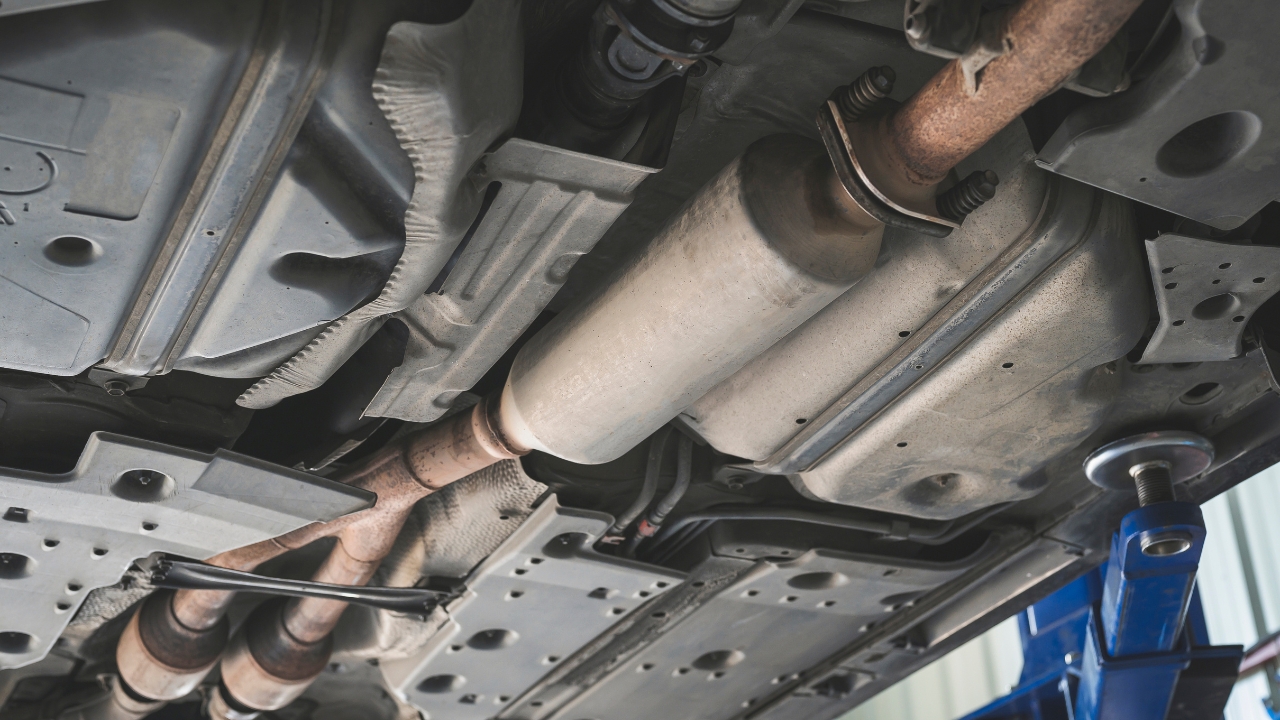
The thing with exhaust system repairs is they seem straightforward enough, but their complexities and associated risks make the procedure best left to experienced hands. The system boasts multiple interconnected components, from the exhaust manifold and catalytic converter to the oxygen sensors, muffler, and pipes.
An issue will need a proper diagnosis to pinpoint the affected area. Replacing the catalytic converter, for example, requires specialized tools and the careful work of an expert to ensure everything is properly sealed and emissions are controlled. The exhaust system is crucial to manage emissions, noise, and performance.
Differential or Drivetrain Repairs
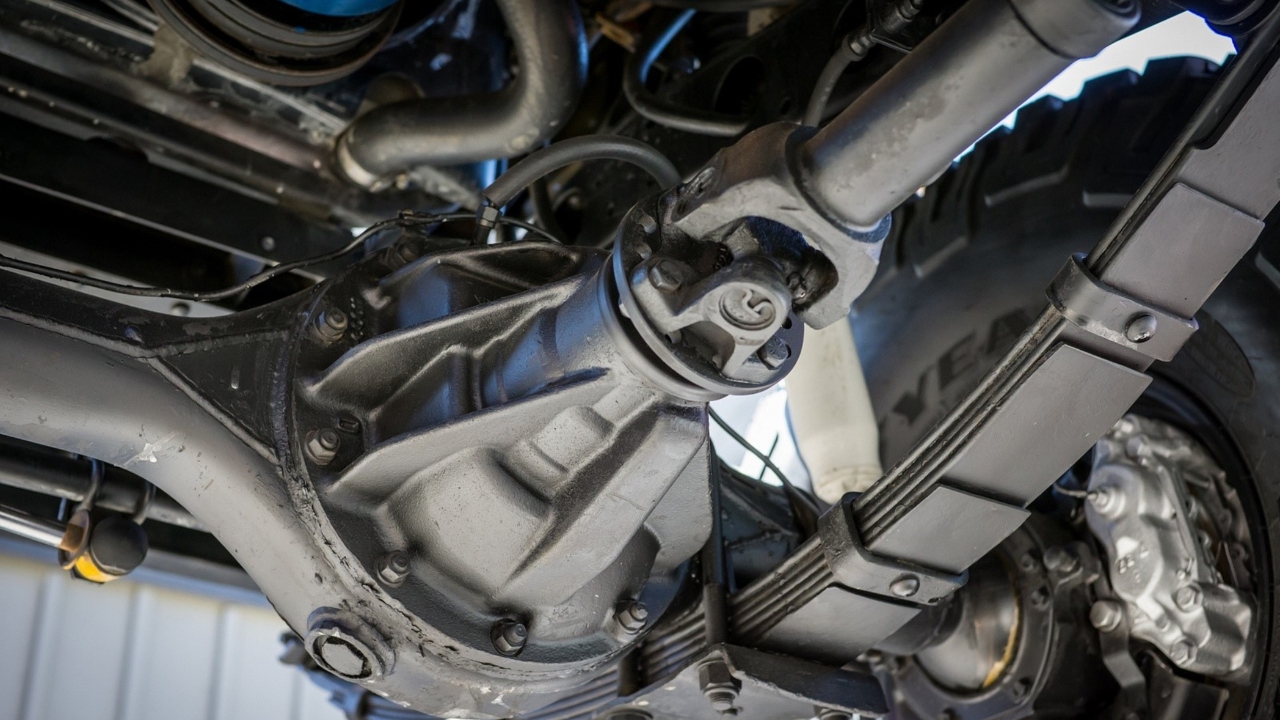
A vehicle’s drivetrain has interconnected parts, components, and systems, including the driveshaft, CV joints, and transmission. Understanding how one or more of the components work is never enough to take on repairs by yourself. You need to understand how the entire system interacts with each other to distribute power to the wheels.
For example, differentials come in types—open, limited-slip, locking, and torque vectoring—each with its unique repair procedures. Unless you’re an expert, you’re better off leaving differential or drivetrain issues to mechanics trained in your vehicle’s differential type.
